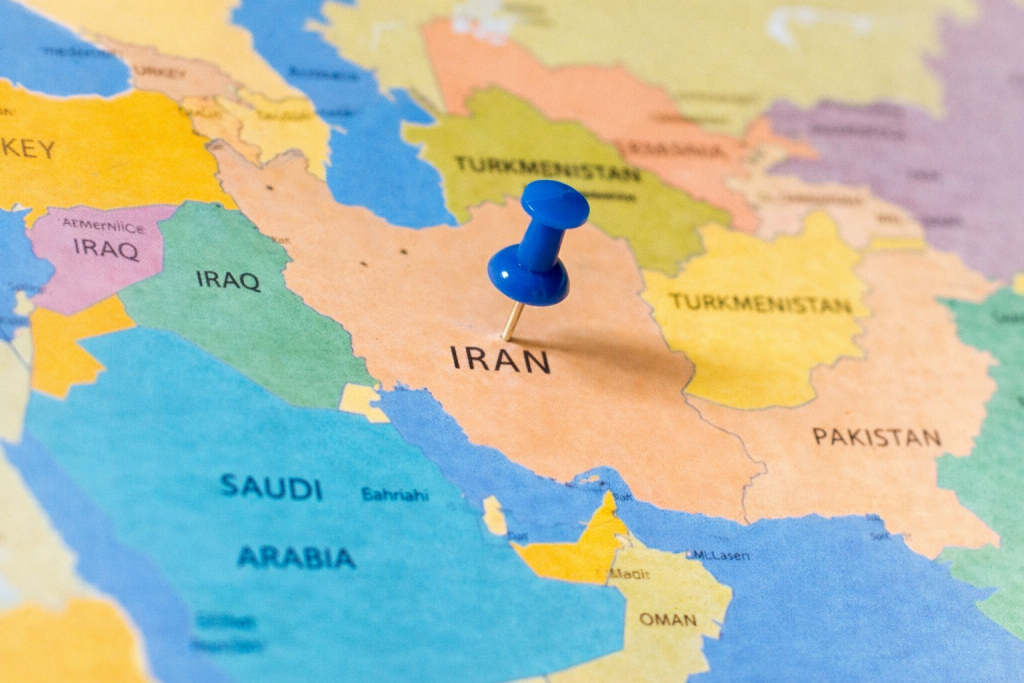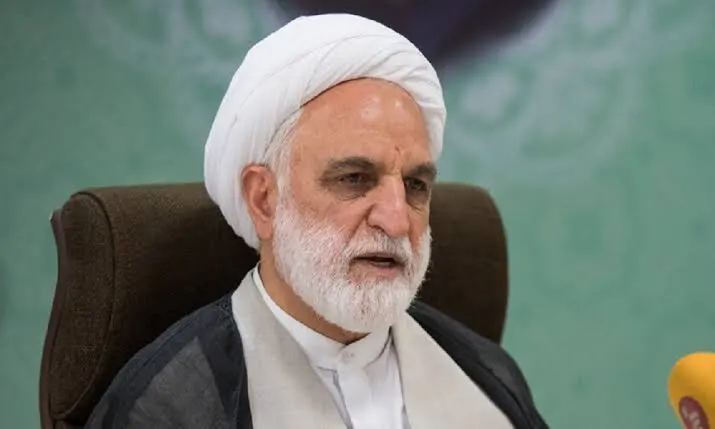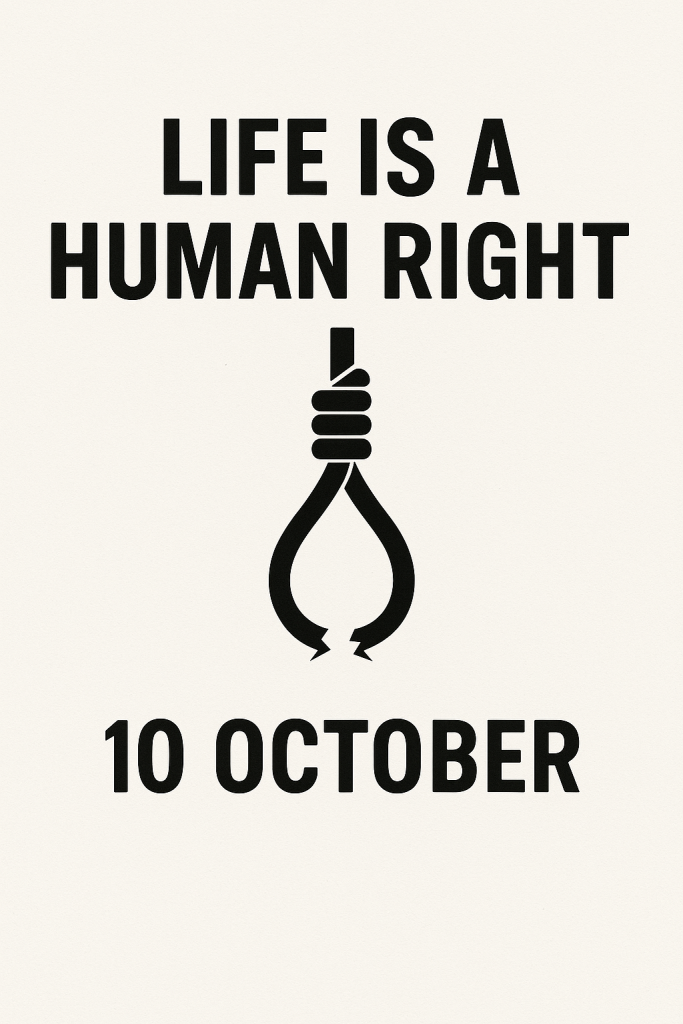This is an English abstract of an article originally written in Persian by economist Ahmad Alavi, published in Khat-e Solh . The article analyzes the Islamic Republic of Iran’s systematic use of the death penalty as a political and economic tool to preserve authoritarian control. The full article is available in Persian and can be downloaded as a PDF below.
Abstract
In this critical analysis, Ahmad Alavi examines the Islamic Republic of Iran’s strategic use of the death penalty through the lens of political economy. According to Amnesty International’s 2025 report, Iran accounted for over 64% of all documented global executions in 2024, with at least 972 executions—more than 57 times the global average when adjusted for population.
Alavi argues that in Iran, executions serve not only as a legal punishment but as a political and economic tool to preserve the regime’s authority. Drawing from the works of theorists such as Foucault, Rusche and Kirchheimer, Acemoglu and Robinson, and Linz, the article outlines how the state uses the death penalty to:
Exert biopolitical control, especially over so-called “surplus” or “threatening” populations, including those convicted of drug-related crimes in economically deprived regions.
Minimize state expenditure, using executions as a cheaper alternative to long-term imprisonment.
Suppress dissent, by targeting political opponents, civil activists, youth, and marginalized ethnic groups such as the Baluch and Kurds.
Reinforce ideological legitimacy, using religious narratives to justify capital punishment and suppress dissenting beliefs.
The execution strategy, according to Alavi, strategically targets the poor, marginalized ethnic groups, young people, and individuals accused of religious or political offenses. This, he explains, not only intensifies social inequalities but also weakens trust in public institutions and encourages migration, particularly among the educated and politically engaged.
Ultimately, Alavi positions Iran’s use of capital punishment as a deliberate strategy of authoritarian governance that is designed to preserve power, manage crisis, and eliminate sources of potential resistance.


